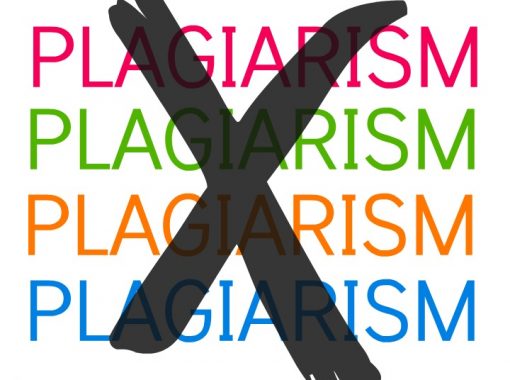
Disastrous Press Release Headline Mistakes
There’s a clear path that readers take when they view content online. They generally first see the headline. They may then scan the images before returning to the first paragraph of the content. However if the headline doesn’t immediately capture attention, they click away. They don’t pause to look at the images or read another word. They’re gone.
This means your headline has a pretty important job to do. Practice and knowing what mistakes to avoid are two steps to take before writing and submitting a press release for distribution. You can avoid costly errors and ensure a better return on your investment.
No Clear Point – Your headline needs to be concise and clear. It needs to have a point that is so apparent, even a child can understand it. If your press release headline doesn’t offer clear benefit, information, or value then you can be almost 100 percent certain no one is going to pay any attention to it.
Too Long – A press release is generally limited to around 400 words. You don’t want to use up that word count with your headline. You want the headline to be short and sweet; just long enough to pique curiosity or grab attention. The goal, for your headline, is to get people to read your release and take action.
Too Much Hype – Never print anything in all caps in your press release, unless it’s an acronym. It is akin to shouting at someone. And skip the enthusiastic punctuation!!! Salesy words are another tactic that screams hype to journalists and readers. We’re talking about words like “FREE” and “PROVEN.”
Misleading Headlines – Imagine reading a press release that promised to show you how to improve your credit score by 50 points. You read the release through and are confused to find nothing in the release that really tells you how to improve your credit score. You might even read the release a second time assuming that you missed something before you click away angry and determined to never do business with that company.
Keyword Stuffing – Don’t write your headline with keywords in mind. Write for your reader. Write to grab the attention of journalists and prospects. If you can make a keyword or two fit naturally into your headline once it has been written, great. If not, please don’t worry about it.
Optimizing your release for the search engines isn’t particularly effective. You’re better off paying attention to the text in your links and the hashtags you use when you share your release on social media. And what’s most important for search engines is to write a good release and inspire others to share it and syndicate it.
Finally, one of the most common headline mistakes people make is simply not testing and tracking their results. How will you know if your headline is effective if you don’t implement systems to measure success? Use a press release distribution service that provides reporting and remember to review your own analytics to get a comprehensive view of your press release results and the power of your headline.











